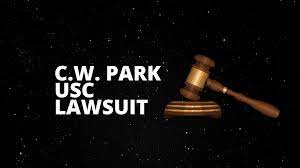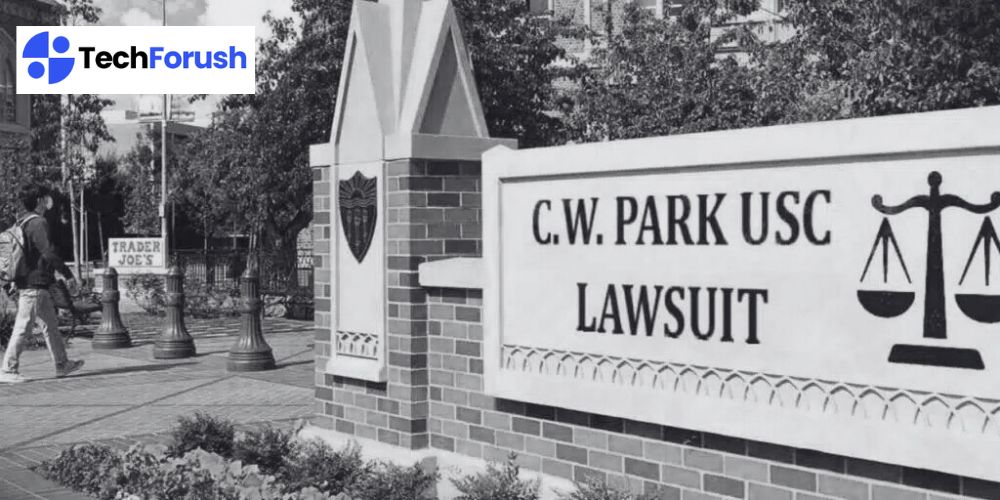
C.W. Park USC Lawsuit: A Detailed Analysis of the Case
Introduction
In recent years, the C.W. Park USC lawsuit has garnered significant attention and sparked widespread debate. This legal battle has raised crucial questions about academic integrity, professional ethics, and the responsibility of educational institutions in ensuring a fair and unbiased learning environment. In this article, we will delve into the intricate details of the lawsuit, exploring the factors surrounding the case and analyzing its implications.
C.W. Park USC Lawsuit – Background
C.W. Park, a renowned professor at the University of Southern California (USC), found himself at the center of a controversy when allegations of academic misconduct emerged. Students accused Park of displaying biased behavior, favoring certain individuals while neglecting others, and creating an unfair learning environment within his classes.
The Allegations and Legal Proceedings of C.W. Park USC Lawsuit
Discrimination and Favoritism
The primary allegations against C.W. Park USC lawsuit revolve around discrimination and favoritism. Students claimed that he showed partiality towards particular individuals based on factors such as race, gender, and personal connections. These allegations raised concerns about equal opportunities and fairness within the academic sphere.
Impact on Student Performance
It was further alleged that C.W. Park USC lawsuit biased behavior had a direct impact on the academic performance of students who were not favored. Many claimed to have received lower grades or faced other forms of prejudice due to their exclusion from C.W. Park USC lawsuit preferred circle.
Ethical Concerns
The USC lawsuit also raises important ethical questions. In a profession where objectivity and fairness are crucial, any allegations of bias or discrimination undermine the trust between students and educators. This case sheds light on the need for stringent ethical standards within academia.
Read more…
Tips for a Successful ISO 14001 Certification Audit

Analysis of the Legal Implications
The C.W. Park USC lawsuit brings attention to some significant legal aspects that require careful consideration. Examining these implications helps us understand the broader implications of this case.
- Academic Freedom vs. Student Rights: The lawsuit raises the question of where the line should be drawn between academic freedom and student rights. While professors should have the freedom to express their opinions, it is essential to ensure that this freedom does not infringe upon the rights and equal opportunities of students.
- Duty of Care: Universities have a duty of care towards their students, ensuring an environment conducive to learning and growth. This case highlights the importance of universities actively addressing and resolving complaints related to biased behavior or discriminatory practices to guarantee a fair educational experience for all.
- Legal Precedence: The outcome of the C.W. Park USC lawsuit will likely set legal precedence in the realm of academic misconduct. It will determine the responsibilities of educational institutions in investigating and addressing accusations of bias and unfair practices.
Conclusion
Is a significant event that has brought to light important issues within the educational landscape. The allegations of discrimination and favoritism have raised questions about academic integrity and the balance between academic freedom and student rights. This case demands careful examination and deliberation to ensure a fair and unbiased educational environment for all. Moving forward, it is essential for universities to establish clear guidelines and processes for handling complaints of biased behavior, thus ensuring a positive academic experience for students and promoting a culture of fairness and equality.
Meta Description: Explore and its implications for academic integrity and fairness. Understand the legal aspects and the duty of care universities owe to their students in these cases.







